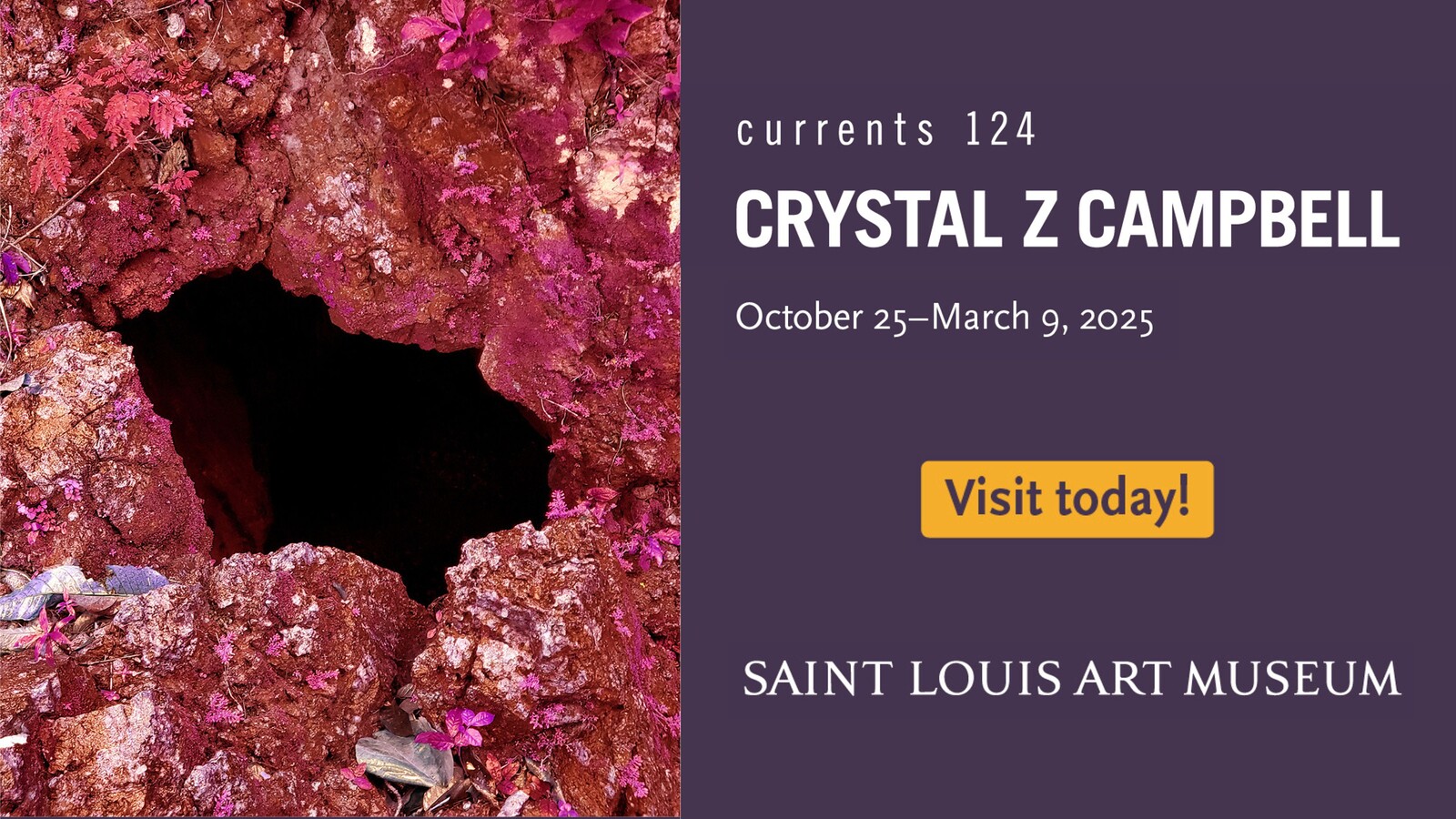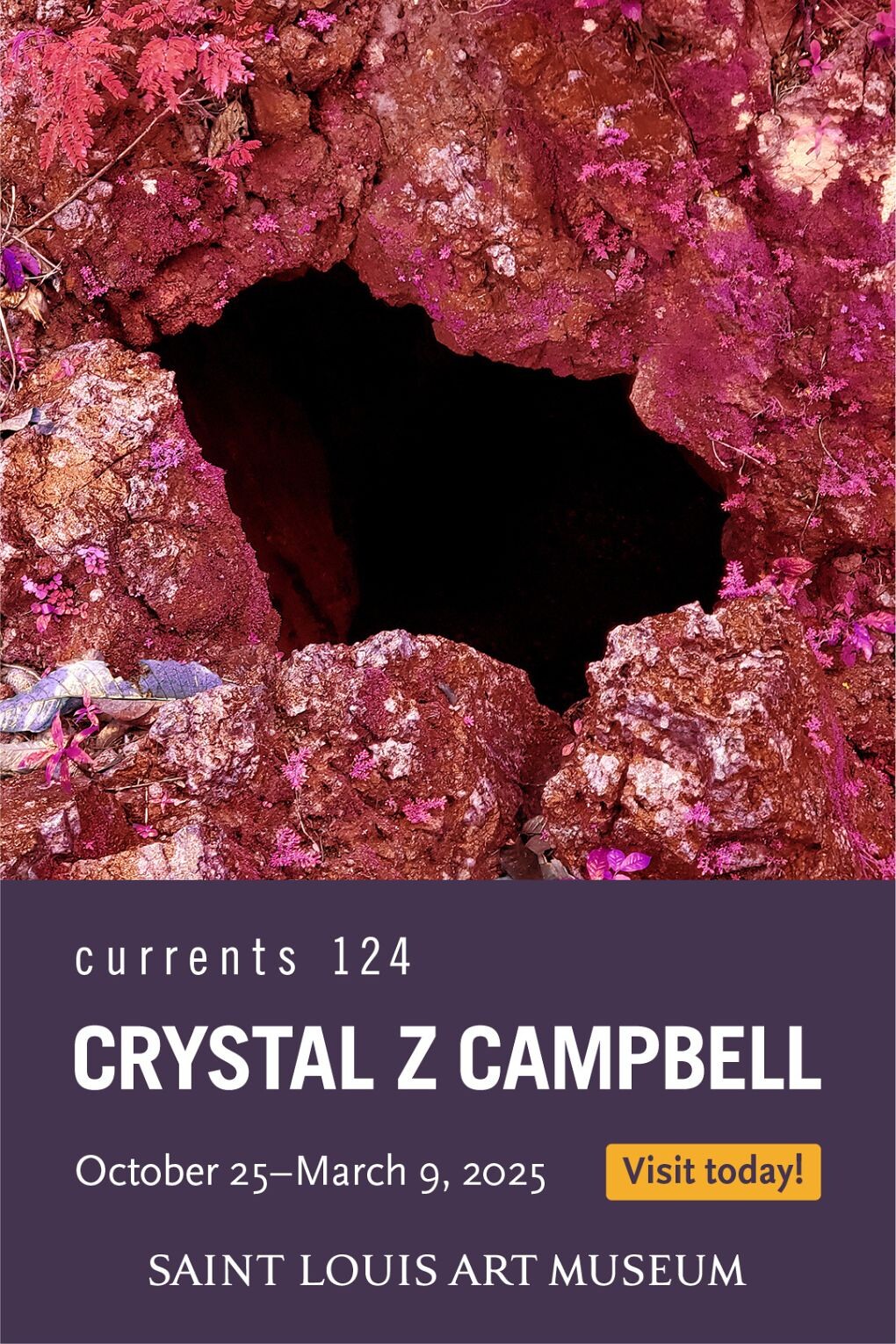Tokyo Art Meeting (III)
Art & Music—Search for New Synesthesia
October 27, 2012–February 3, 2013
Museum of Contemporary Art Tokyo (MOT)
4-1-1 Miyoshi, Koto-ku, Tokyo 135-0022 Japan
This is the third in the Tokyo Art Meeting series in which we invite specialists from different fields to collaborate in the planning of cross-disciplinary exhibitions. This year, we are delighted to welcome the world-famous musician Ryuichi Sakamoto as general advisor.
During the latter-half of the nineties, the development of digital media made it possible to produce all kinds of music and images on a single computer, while the sophistication of background music and video, as well as promotional video, began to have a strong influence on artists who created works that cut through divisions of sound and vision or time and space. This exhibition aims to extend the notion of ‘music’ as a field of complexity that embraces various forms and texture and explore its close relationship with the visual and visual art.
In so doing, the exhibition will also introduce an in-depth view of the ways in which physical senses can be fused together in the twenty-first century to create a kind of composite sense that we refer to as synesthesia, comparing these with the experiments carried out by the avant-garde movement during the early twentieth century.
Included among the diverse art works by twenty artists/groups from nine countries are the graphic notation developed by John Cage and Tōru Takemitsu in the sixties and seventies; an experimental sonic instrument, the ‘Language Instrument: Parole Singer’ created by Michi Tanaka and Jiro Takamatsu in 1974; and nine newly produced works, including those by Ōtomo Yoshihide limited Ensembles, Carlsten Nicolai and collaborations among Sakamoto, Seigen Ono and Shiro Takatani.
In his work A Bell For Every Minute, Stephen Vitiello has sampled the sound of all kinds of bells in New York, which he used to delve into the notion of memory. A filmic experience by Manon de Boer presents two different modes of enactment of John Cage’s 4’33″, offering a reflection on the understanding of being through space and time.
Lyota Yagi produces music records out of ice to be played on a turntable, allowing the audience to experience the transformations of sound and shape as they melt. The sonic experience here is at the same time spatial and visual, subtly revealing the complexity that exists in the experience of the ordinary.
Of special note are Sakamoto’s new works: silence spins is based on the concept of the Japanese tea room and consists of a small cubic space that confuses the viewer’s understanding of space through reflected sound, and collapsed, in which sound from a piano synchronizes with the words and dialogue of thinkers of the past that are projected onto the wall.
According to Sakamoto, our humanocentric modern society has developed a system of control over the social environment, information and nature. This microcosmic inclination is gradually being destroyed through globalization and the energy crisis. Against this sociopolitical background, Sakamoto uses sound and the visual to reconsider our relationship with nature in a broad sense, attempting to recall a macrocosmic way of thinking.
“Art and music are considered different genres. However, surely there is art that is created through sound, just as there is music that is created visually. Also there are forms of expression that cannot be described as being either art or music and those that can be described as being both. By exploring the synesthesia of art and music, or the boundary between the two, we may be able to catch a glimpse of not only the origin of mankind’s artistic expression, but also its future.”—Ryuichi Sakamoto, General Adviser.
This statement of Sakamoto’s reflects his expectations and hopes to rediscover meaning and sensation in art, as well as its role in society.
Artists
Céleste Boursier-Mougenot, John Cage, Manon de Boer, Florian Hecker, Ryoji Ikeda, Wassily Kandinsky, Paul Klee, Udomsak Krisanamis, Carsten Nicolai, Keita Onishi, Seigen Ono + Ryuichi Sakamoto + Shiro Takatani, Otomo Yoshihide limited ensembles(Otomo Yoshihide, Yasutomo Aoyama, Sachiko M, Kanta Horio, Yuko Mohri), Christine Ödlund, Ryuichi Sakamoto + Shiro Takatani, The SINE WAVE ORCHESTRA, Toru Takemitsu, Michi Tanaka / Jiro Takamatsu, Bartholomäus Traubeck, Stephen Vitiello, Lyota Yagi.
Tokyo Culture Creation Project
Tokyo Culture Creation Project, organized by the Tokyo Metropolitan Government and the Tokyo Metropolitan Foundation for History and Culture in cooperation with arts organizations and NPOs, aims to establish Tokyo as a city of global cultural creativity. The project facilitates involvement of a larger number of people in creation of new culture, by building regional bases for culture creation across the city and offering opportunities for creative experiences to children and young people. Moreover, it creates and globally disseminates new Tokyo culture through organizing international festivals and other diverse events.
General Advisor: Ryuichi Sakamoto
Chief Curator: Yuko Hasegawa
Curatorial Staff: Kazuhiko Yoshizaki, Hiroko Kato, Kyongfa Che
Organized by:
Tokyo Metropolitan Government
Museum of Contemporary Art Tokyo / Tokyo Culture Creation Project Office
(Tokyo Metropolitan Foundation for History and Culture)
The Tokyo Shimbun
Supported by: Japan Arts Fund
In cooperation with:
NEC Display Solutions, Ltd / Yamaha Corporation / AURAL SONIC / SHIZUKA STILLNESS PANEL / Audio-Technica Corporation / Ballad Co., Ltd. / Yamaguchi Center for Arts and Media (YCAM) / Synthax Japan Inc. / IASPIS
Exhibition catalogue:
Art and Music – Search for New Synesthesia
Ryuichi Sakamoto (Interview), Yuko Hasegawa (Text)
English/Japanese
Published by: Filmart-Sha Co., Ltd
208 pages
ISBN978-4-8459-1207-0 C0070
Press contact: Kumiko Ohara, k-ohara@mot-art.jp



